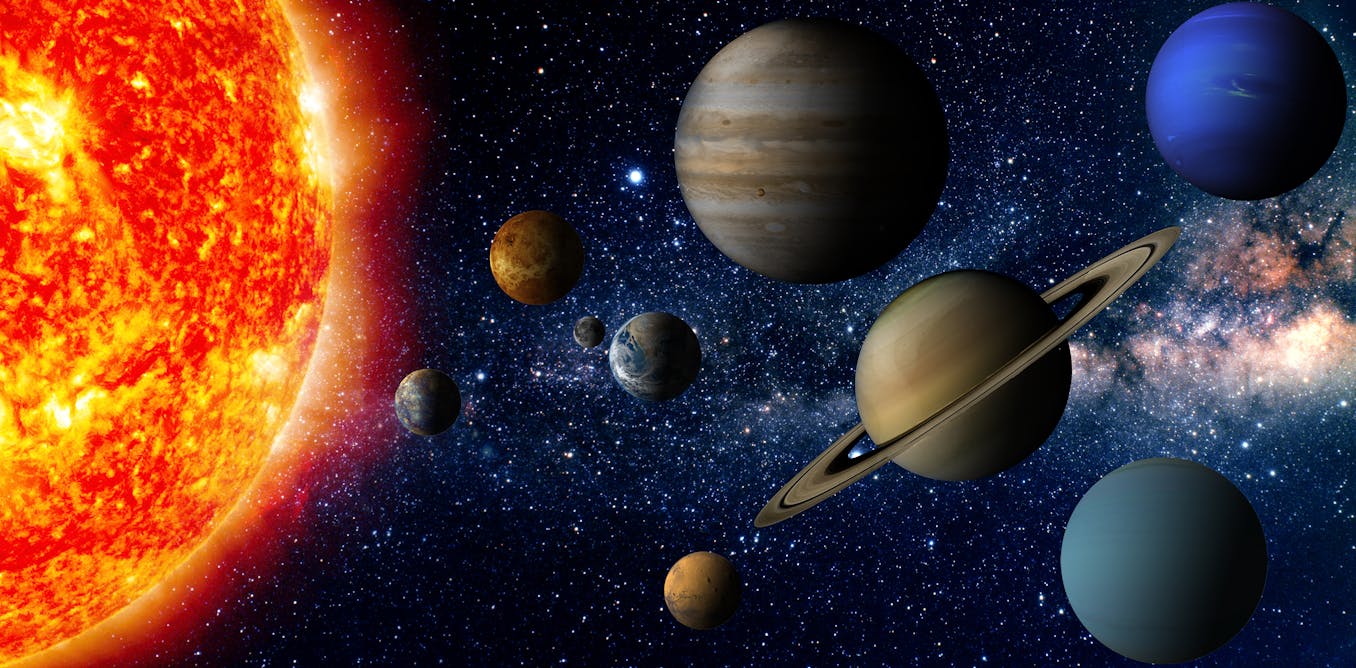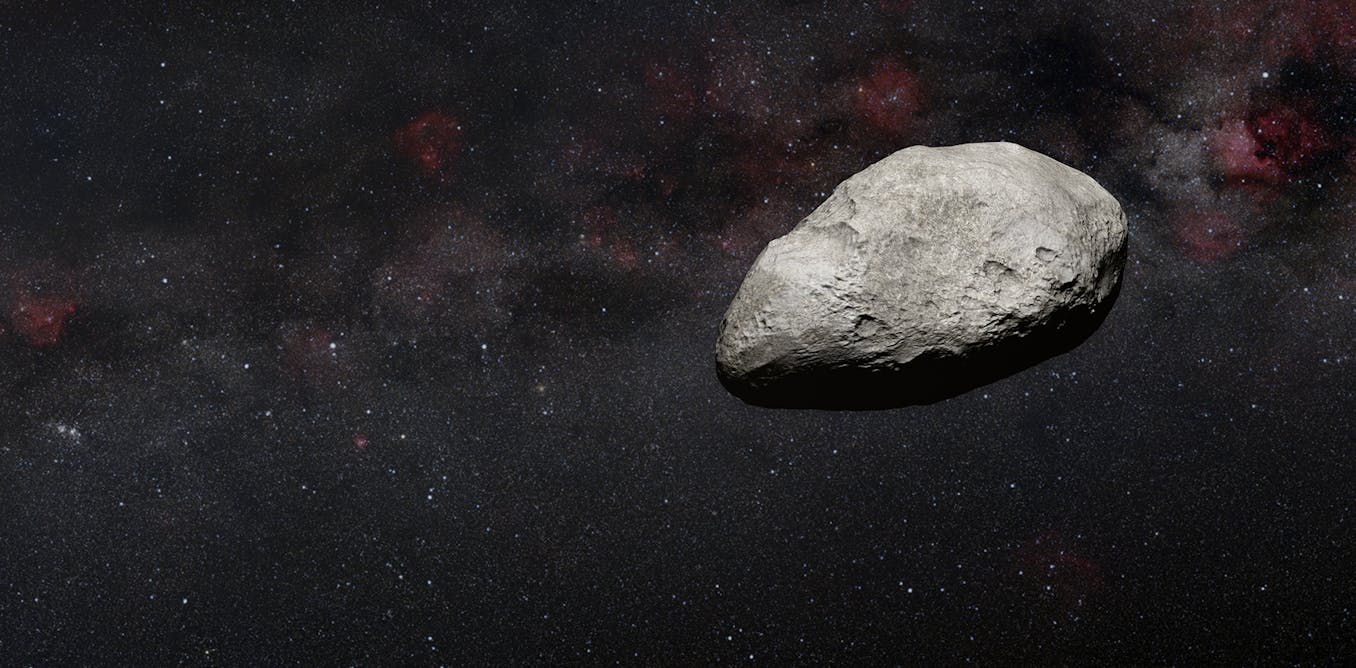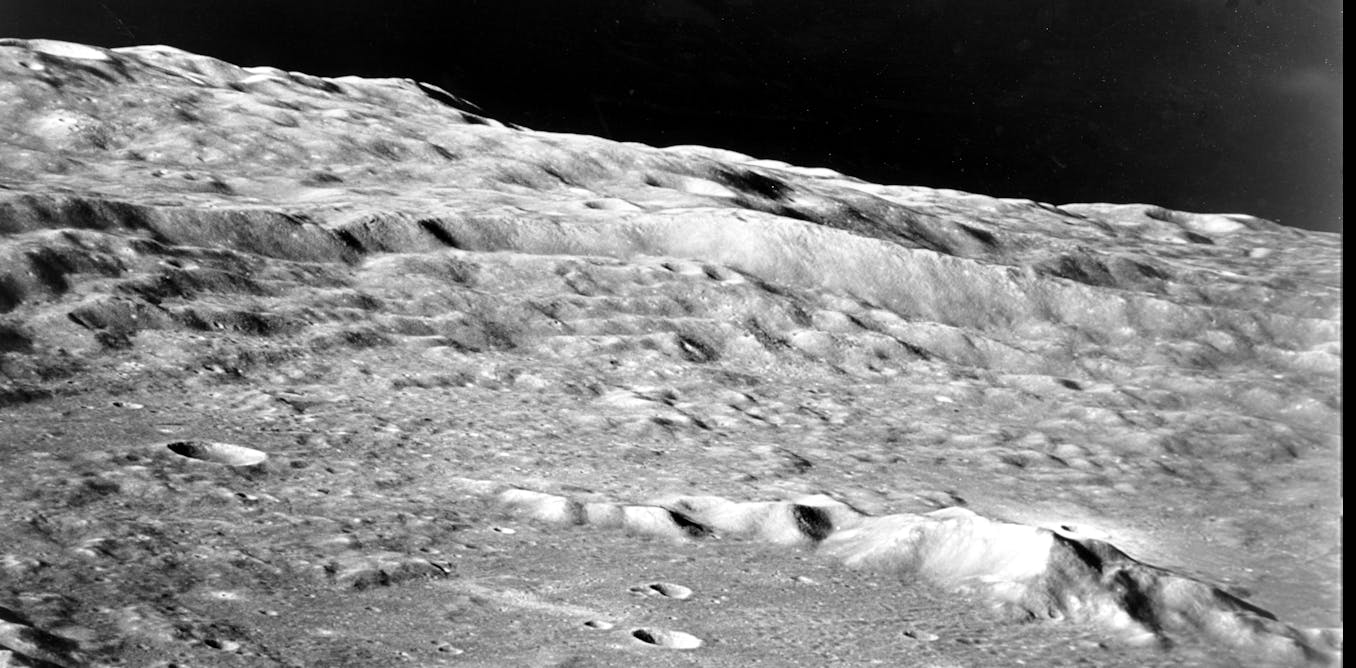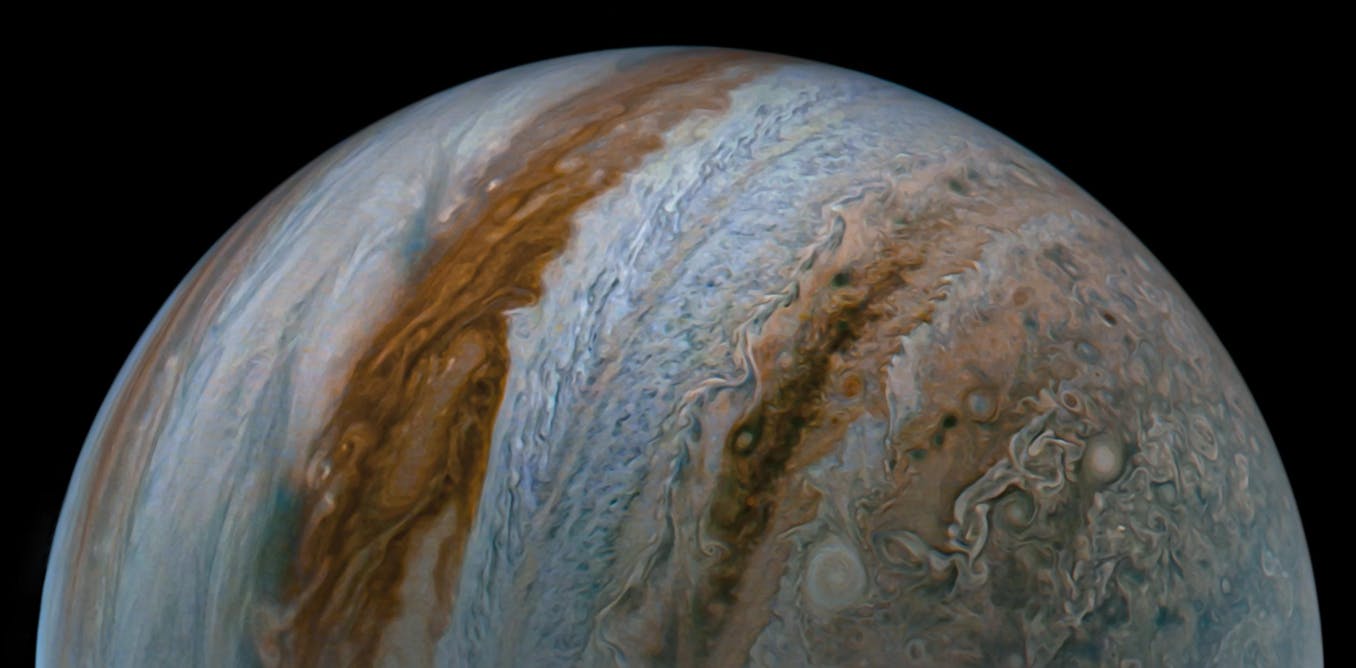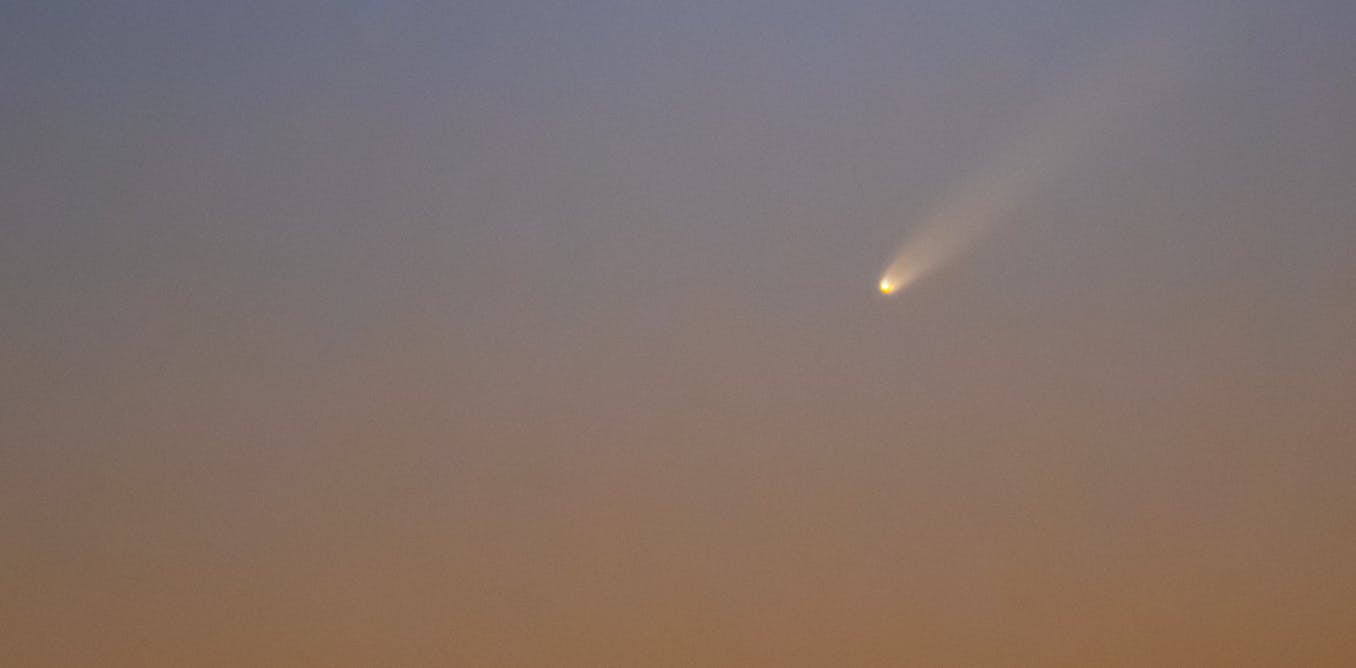Do photons wear out? An astrophysicist explains light’s ability to travel vast cosmic distances without losing energy
The speed of light is the fastest anything can travel. What happens to a photon from a galaxy 25 million light years away on its journey toward Earth?
May 20, 2025 • ~6 min


